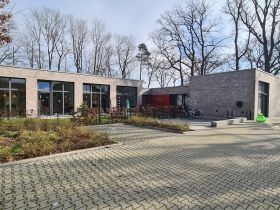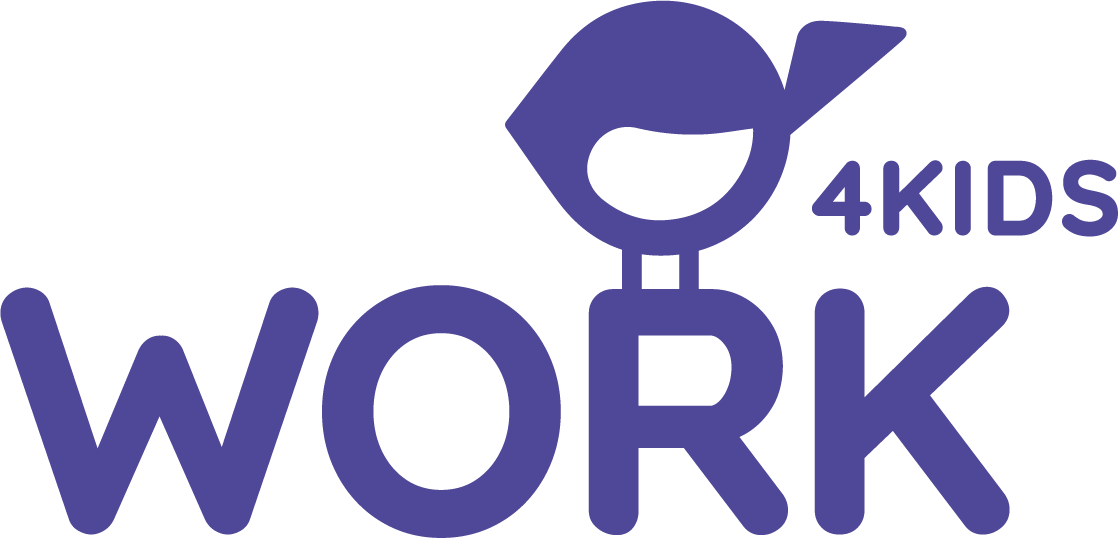Basics
Principles of our pedagogical work
We see our nursery as a place of security, experience and learning. Constant attachment figures, a roughly structured daily routine, our weekly rhythm and the annual cycle serve as a framework that gives the children orientation and also conveys security, consistency and stability, but also sets limits. The child with its own small personality is the focus of our work. We take into account the sensitive phases, the personal needs, interests and the stage of development of the children, so that each child can develop at his or her own pace.
Our pedagogical approach - attachment- and needs-oriented
"Education is: example. And love. Nothing else."
(Friedrich Fröbel)
The basis of our concept is a child-oriented pedagogy, which is oriented towards the developmental and age-specific needs of the children as well as their individual abilities and skills. The children are the center of attention and are prepared by our qualified pedagogical work for independent action in the most diverse life situations.
As the children's first educational institution, we have made it our task to promote the children's development in an environment characterized by security and well-being. The experience that reliable caregivers enable bonding and the intensive personal attention in everyday situations play the paramount role here.
Our goal is to perceive and recognize the needs of each child individually and to act sensitively accordingly. By acting with empathy, we also encourage the children to express their feelings and needs freely. In this way, we prepare them in the best possible way for the life ahead of them.
Furthermore, children of daycare age are "developmental giants". In no other phase of life does development proceed as rapidly as in the first years of life. Here, it is particularly important to provide the children with good educational prerequisites through very good specialist knowledge, constant bonding and emotional affection.
Through our attachment- and needs-oriented pedagogy, we thus create the most important foundations and ideal conditions for children to have many opportunities to explore their environment in a self-determined and creative way, to develop individually in their emotional and living environment, and thus to develop a unique personality.
When parents know that their children are in good hands in such an environment, trusting relationships can develop. This is the basic prerequisite for constructive cooperation between the child's important caregivers - the parents and the pedagogical staff.
Partially open concept
"Together we are strong!"
We want to convey this motto in our everyday life as well. That is why we work according to the partially open concept. This means that we work across groups. Since our facility consists of only two groups and we have a close bond, it is important to us that we also organize our daily routine together and do not spend our time "side by side". Therefore, we celebrate festivals and birthdays together and also carry out cross-group activities. In addition, we have an "open time" in the mornings after breakfast from a quarter past nine to ten o'clock, during which the group doors are open and the children can move back and forth between the groups or play together in the hallway. This daily contact strengthens the sense of community and the bond between the two groups.
Religious / Christian education
Christian education is part of our daily pedagogical routine. We identify with the Christian faith, live and communicate it and are role models for the children entrusted to us. Our interaction with each other is characterized by tolerance, honesty and helpfulness. Particularly important to us is openness and tolerance towards all families, regardless of denomination, culture or living conditions.
The Christian values that we impart to the children are intended to strengthen them and guide them in their lives. Our faith and the values we pass on become visible through the joint organization of the church year.




